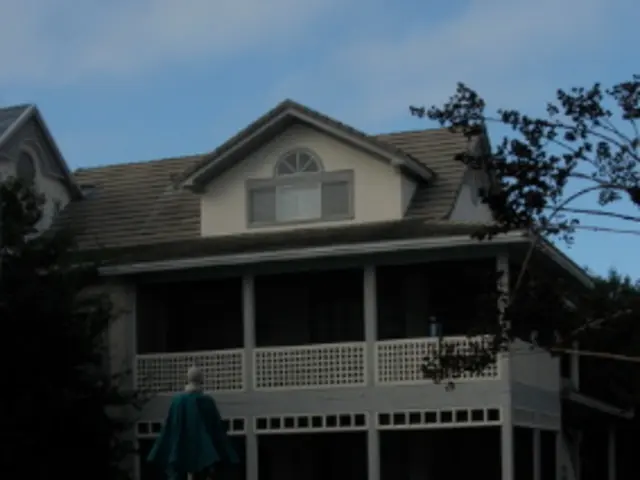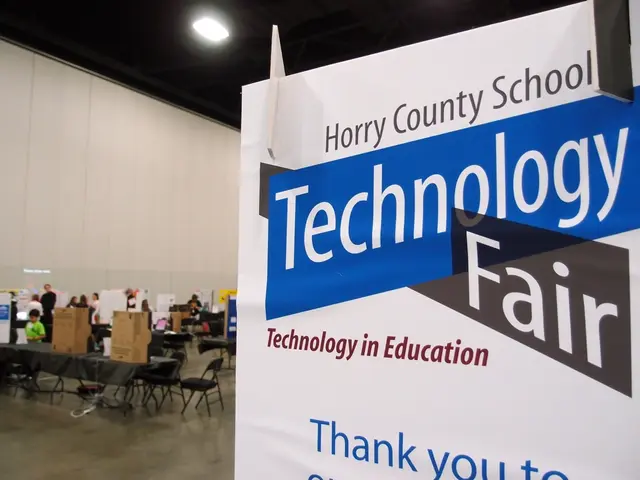Historian Anna Lux Challenges East German Narrative, Calls for 'Transformation Memory'
Historian Anna Lux challenges the dominant narrative of East German history, arguing for a more comprehensive 'transformation memory' that includes the experiences of often overlooked groups like 'Vertragsarbeiter'. Her work, including the book 'Neon/Gray', aims to fill gaps left by the official memory of the Peaceful Revolution.
Lux believes pop culture can make complex historical experiences more accessible. She suggests intensive youth and educational work, promoting democracy, and biographical reflection to address current challenges. She sees parallels between the 'baseball bat years' after reunification and today's rise in right-wing violence.
Lux agrees with historian Dirk Oschmann's view that the 'East' was a 'West German invention'. However, she finds his perspective incomplete. Many in the East experienced reunification and market reforms as disillusionment or loss of direction.
Anna Lux's work, by embedding diverse narratives into the concept of 'transformation memory', aims to provide a more nuanced and multiperspectival understanding of East German history and the experiences of its people. This approach seeks to address the gaps and disillusionment felt by many during and after the reunification process.
Read also:
- American teenagers taking up farming roles previously filled by immigrants, a concept revisited from 1965's labor market shift.
- Weekly affairs in the German Federal Parliament (Bundestag)
- Landslide claims seven lives, injures six individuals while they work to restore a water channel in the northern region of Pakistan
- Escalating conflict in Sudan has prompted the United Nations to announce a critical gender crisis, highlighting the disproportionate impact of the ongoing violence on women and girls.




